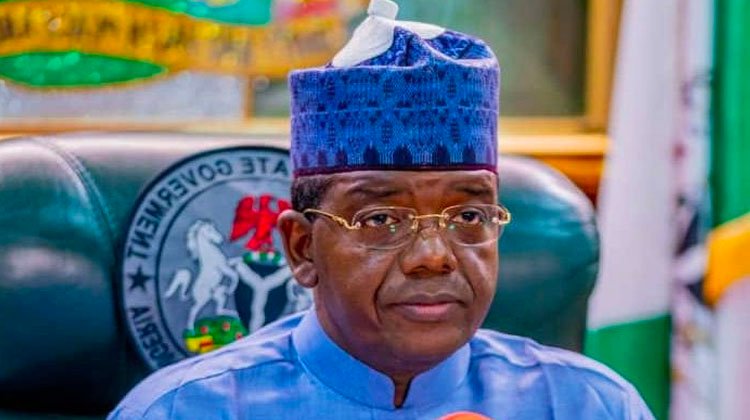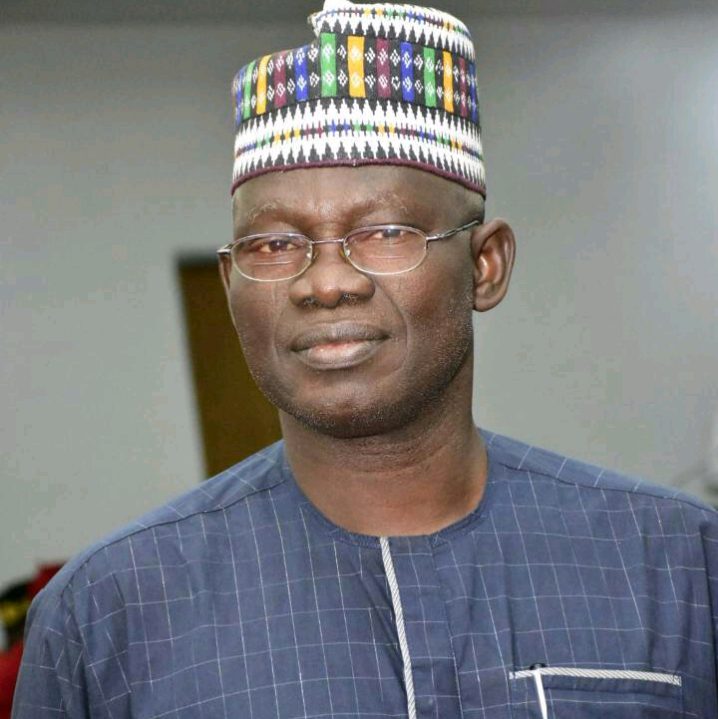A law that imposes death penalty on bandits, their informants, cultists and cattle rustlers has been signed in to law by the Zamfara State government.
The Governor of the State Bello Matawalle made the disclosure in a broadcast to the people of the state on Tuesday morning.
He said, “On the 28th of June this year, I assented to the bill on Prohibition and Punishment for Banditry, Cattle Rustling, Cultism, Kidnapping and Other Incidental Offences, 2022.

“The law provides a legal instrument for prosecuting banditry-related offenders.
“Based on the new law, anyone found guilty of banditry, kidnapping, cattle rustling, cultism, or serving as a bandits’ informant is subject to the death penalty.
“Similarly, anyone found guilty of supporting in any manner the aforementioned offences faces a sentence of life in prison, 20 years in jail, or ten years in prison, without the option of a fine.”
The measures were part of his administration’s sustained efforts to tackle the problem of banditry that has bedevilled the state and the neighbouring northwestern states for more than a decade the Governor stated
Ever since the inception of his administration, Matewalle indicated that he has been developing strategies to stem the tide of banditry across the state.
He expressed satisfation with the new measures are beginning to yield the intended results despite the pockets of attacks by the bandits
According to him, the activities of the informants was a major challenge towards addressing insecurity in the state, expressing optimism that the situation would soon come to an end.
He said, I am glad to inform the peace-loving people of Zamfara State that we have succeeded in apprehending many of the informants, who have been the major impediment in the fight against banditry.
“They are currently being interrogated before being prosecuted in accordance with the fullest extent of the law”.




